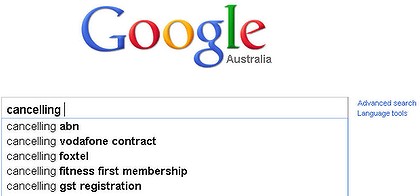
‘Freeconomics’ is being lauded as the way of the future for business. Based on the paradox of the more you give away, the more money you can make, for consumers, ‘freeconomics’ delivers something for nothing. Last week the music industry became the latest to join in with the launch of Qtrax, the first 100% free and legal music download service.
It adds to a growing stock of products and services being given away. Newspapers, telephones, flights, drinks and divorces are on offer free of charge. Games, bicycles, books and cars, WiFi, financial help and travel guides are also priced to go at absolutely nothing. No matter what you are looking for, there are few limits to what is being ‘freed’. Increasingly, money will become no object at all, changing the way we live, do business and play.
Continue reading this article from The Sunday Age, 22 June, 2008.
What’s Free and Easy?
Newspapers and Magazines: Free publications are now offered in 52 countries. MX which is distributed at Melbourne railway stations in the afternoon is one example.
Telecommunications: Skype is an established player. Blyk is a European free mobile phone service funded by ads. Pumbby in Belgian pays cash to users for recieving up to 10 ads a day on their phones. SMSPup in Australia offers free SMS in exchange for reading emailed ads.
Travel: Lauda-Motion lets German and Austrian customers rent an ad-plastered Smart car for less than $2 a day. In Australia, the same service is priced at $5 a day. European airline Ryanair now gives free fares to a quarter of its customers.
Food and Drink: A Japanese vending company gives free drinks in exchange for watching a 30 second advertisement.
Textbooks: US Publishers offer free PDF textbooks to college students who complete an online survey. In Europe students can get free textbooks with ads every four pages.
Wireless Internet: Several US cities have signed up to host ad-supported free wireless internet. Trials like this have also recently been carried out in Geelong in Victoria.
Navigation: Boomerang GPS, recently launched in the US, is an ad-supported system targeted at hotels, airlines and car rental agencies.
Paper: A US company offers free notepaper branded with horizontal ads to students.
Finance: A US company gives users free summaries of spending activities, along with warnings about low bank balances and upcoming bills.
Games: Electronic Arts will soon release a free online version of its Battlefield series, supported by ads.
Bicycles: Copenhagen, Paris and Lyon are among the cities boasting racks of bicycles for free or for as little as $1.50 a day.
Music: QTrax the world’s first 100% free legal download service. Other services such as We7 offer free songs tagged with 10 second ads.



